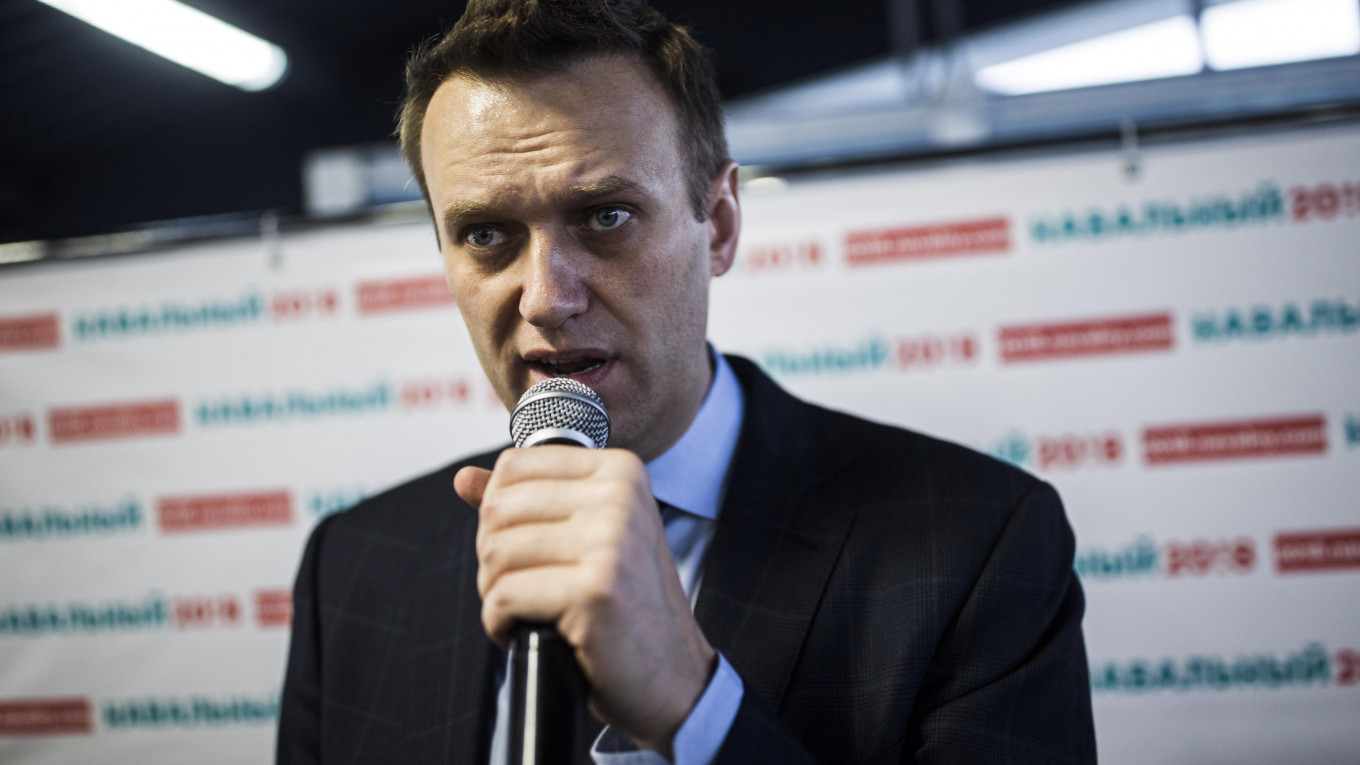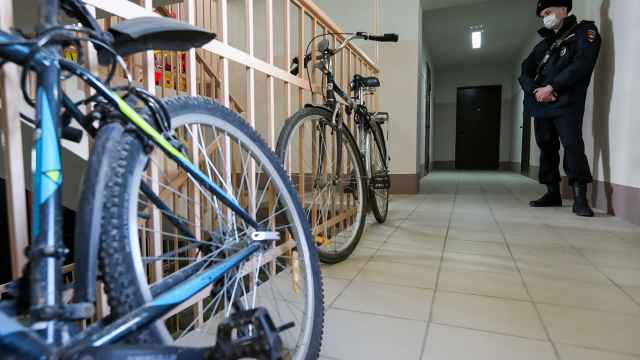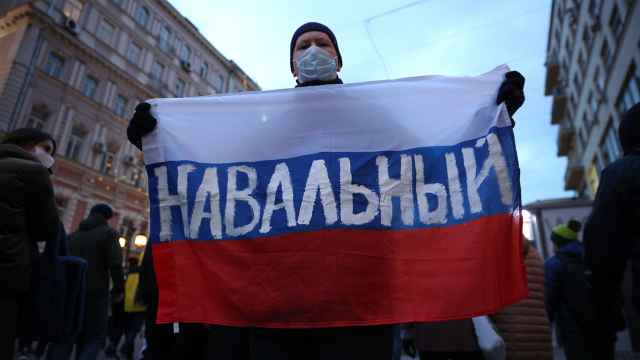Earlier this week, a smear campaign against opposition politician Alexei Navalny launched online, and the Kremlin's official spokesman says Navalny might be behind it himself.
The mudslinging effort compares Navalny to Adolf Hitler, and depicts his nationalist views as extremist fascism.
Speaking to reporters on Friday, Putin's press secretary, Dmitry Peskov, denied that the Kremlin is involved in the campaign against Navalny.
“I can't comment on this. The president's administration doesn't deal with such matters. It's not part of our agenda to make little videos,” Peskov said.
Peskov that speculated that Navalny himself is the one behind the video, which now has more than 2 million views on YouTube since Wednesday.
“There's a wide variety of opinions [on who's responsible], including people who logically believe that the ‘persons’ [Navalny] you mentioned could be behind the production of these videos. Just ask yourself the basic question: who gains from this?”
Russia's independent Dozhd television channel reported on Tuesday that the Kremlin was preparing a major campaign against Navalny, who plans to run for president in Russia's 2018 elections.
Government officials, who have long avoided uttering Navalny's name in formal statements and press conferences, reportedly plan to target the politician's young voter base online, the report alleged.
A Message from The Moscow Times:
Dear readers,
We are facing unprecedented challenges. Russia's Prosecutor General's Office has designated The Moscow Times as an "undesirable" organization, criminalizing our work and putting our staff at risk of prosecution. This follows our earlier unjust labeling as a "foreign agent."
These actions are direct attempts to silence independent journalism in Russia. The authorities claim our work "discredits the decisions of the Russian leadership." We see things differently: we strive to provide accurate, unbiased reporting on Russia.
We, the journalists of The Moscow Times, refuse to be silenced. But to continue our work, we need your help.
Your support, no matter how small, makes a world of difference. If you can, please support us monthly starting from just $2. It's quick to set up, and every contribution makes a significant impact.
By supporting The Moscow Times, you're defending open, independent journalism in the face of repression. Thank you for standing with us.
Remind me later.






